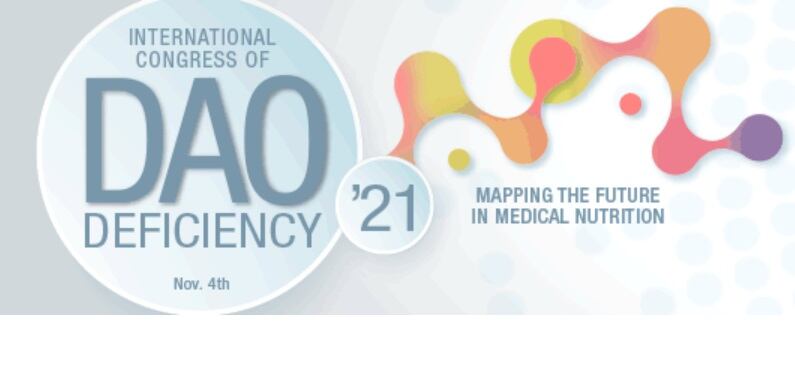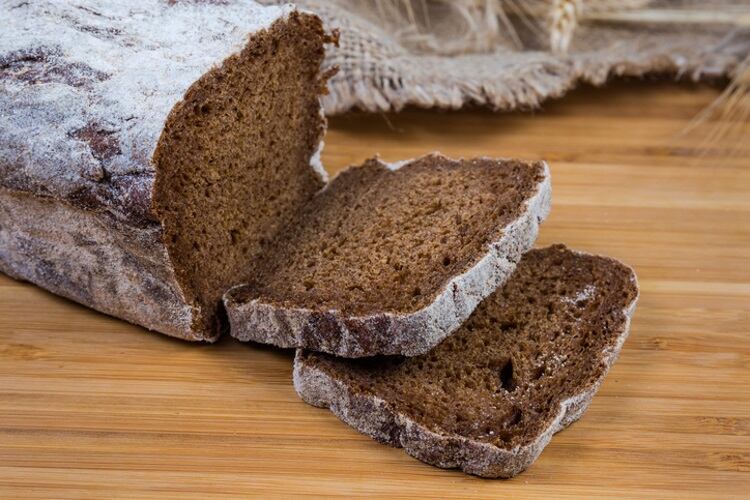Diamine oxidase (DAO) is an enzyme naturally secreted by the human body that is responsible for breaking down histamine. When it can’t break everything down, a build up occurs and a person experiences histamine intolerance, also called food histaminosis, with symptoms ranging from digestive tract disorders (IBS) and Attention Deficit Hyperactivity Disorder (ADHD), to migraines and fibromyalgia, along with congestion, asthma, skin issues and more.
Research shows that at least 15% of the world’s population suffers from DOA deficiency, 80% of which are middle-aged women.
Celiac disease (caused by gluten intolerance0, deficiencies in certain vitamins and minerals and consuming histamine-rich food – such as veggies like pumpkin and eggplant, certain fruits, shellfish, raw egg white, soy and peanuts – may contribute to a DAO deficiency.
Paradigm shift
With its mission to deliver fermentation-based, sustainable solutions for the food industry, AB Biotek has a vested interest in exploring the developments in treating DAO deficiency.
The event – organised by AB Biotek’s DR Healthcare – will be held entirely online and includes an extensive programme of scientific sessions where ‘experts of worldwide renown’ will share their knowledge and advancements that are leading to a paradigm shift in the field of medical nutrition.
“We are very excited about forging new pathways towards a better future for those that suffer from DAO deficiency,” said Juanjo Duelo, founder of DR Healthcare.
“The future is bright and bringing together great medical innovators and state-of-the-art scientific technologies in one place to share and exchange information and data will advance all of our collective efforts.”
The function of food
Research has found that dietary modifications (avoiding the master list of 102 high histamine foods) can help in reducing severe symptoms, along with increasing omega-9 fatty acid intake (olive oil), eating the right proteins, minimising artificial ingredients and pesticides, and taking vitamin supplements. As such, a number of the key speakers come from the nutrition field, among them:
- Prof Dr Mª Carmen Vidal-Carou, director of the Food and Nutrition Campus at the University of Barcelona, president of the Scientific Committee of the Catalan Agency for Food Safety and head of the Food Bioactive Amines and Polyamines Research Group;
- Dr Oriol Comas-Basté, assistant professor and post-doctoral researcher at the Food and Nutrition Campus of the University of Barcelona, and president of the Catalan Association of Food Scientists and Technologists;
- Dr Ismael San Mauro, nutritionist, dietitian and doctor in biomedicine, as well as professor of Human Nutrition and Dietetics Degree at the Complutense University of Madrid, member of the Spanish Academy of Dietitians and Nutritionists and head of the Nutrition and Health Research Centres;
- Dr Carlos de Lecea, a doctor of medicine and global portfolio manager & technical lead, Human Health & Nutrition, AB Mauri, which is part of Associated British Foods plc.
Said Dr de Leca, “Our end goal is to expand awareness of DAO deficiency through an extensive programme featuring scientific study presentations from global experts.
“How we discuss both the diagnosis and treatment of DAO deficiency as a group will contribute to a paradigm shift in this important, growing field.”
The International Congress of DAO Deficiency is free to attend and is supported by the International Society of DAO Deficiency. It will also feature a series of virtual three-dimensional exhibition booths, and opportunities for online interaction between participants.




